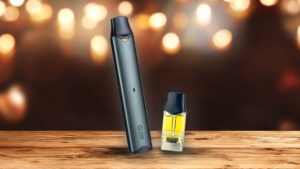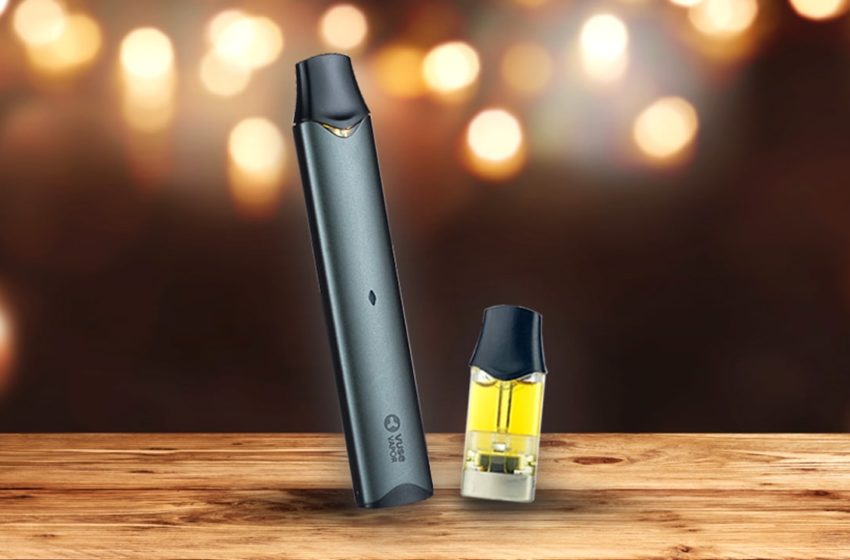
The latest Nielsen report shows that the market share of R.J. Reynolds’ top-selling Vuse e-cigarette remained flat at 42 percent in December at convenience stores.
While Vuse’s market share was unchanged, No. 2 Juul dropped from 24.3 percent to 24.2 percent for the report covering the four-week period ending Dec. 30.
As recently as May 2019, Juul held a 74.6 percent share in the U.S. electronic cigarette market. That’s when a series of regulatory actions led to product-reduction concessions, according to media reports.
Meanwhile, Altria Group’s ownership of No. 3 NJoy hasn’t resulted in a meaningful market-share increase so far. Nielsen cited a research error by why it did not include an update for NJoy in the latest report. It was at 2.6 percent in the previous report.
Fontem Ventures’ blu eCigs, an affiliate of Imperial Brands Plc, was unchanged at 1.2 percent.
The overall e-cigarette category was down 9.9 percent.







